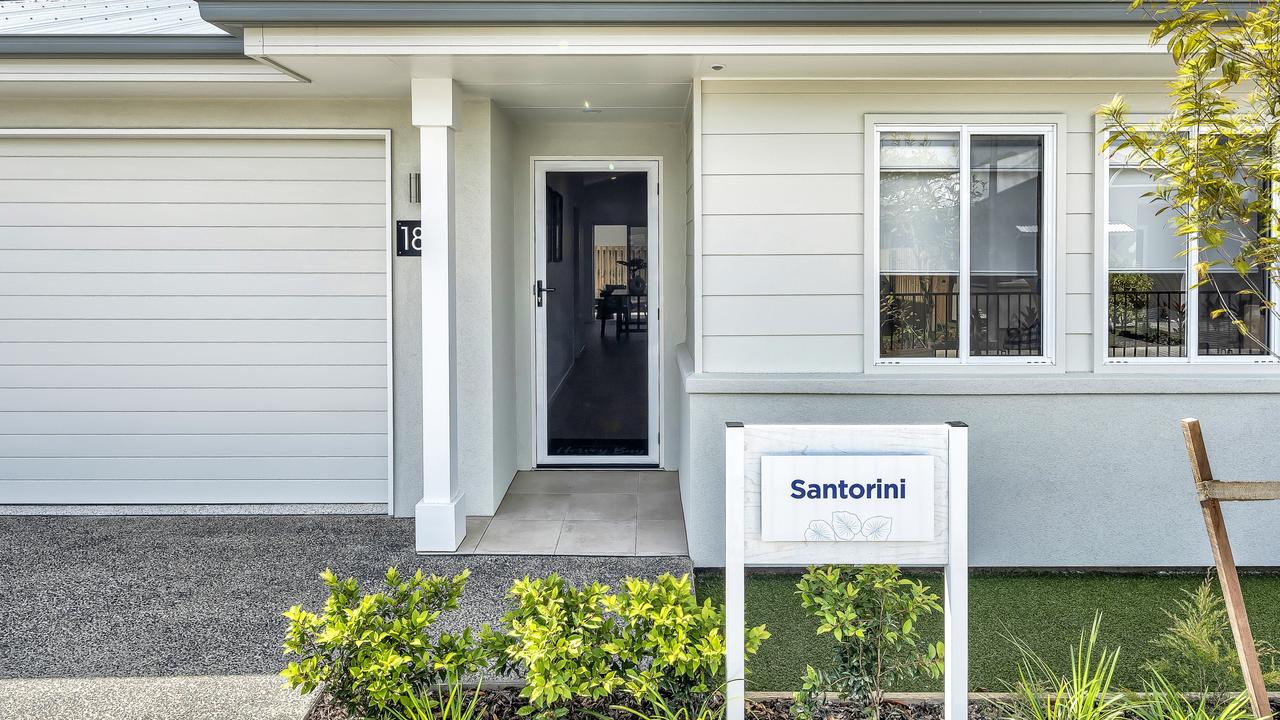
US-based private equity firm Apollo Global Management is believed to be weighing a potential deal where it buys CIMIC subsidiary Thiess in a joint venture arrangement, as negotiations stretch on between the parties involving the world’s largest mining services provider.
Should a joint venture structure be agreed upon, it would not be the first time Apollo has opted to own one of CIMIC’s assets in part. In 2014, when CIMIC was called Leighton Holdings, Apollo bought half of CIMIC’s services assets in a deal valuing the operation at $1bn.
That venture was named Ventia and attempts have been made since to sell the business, while a public listing was also said to have been considered.
Run by billionaire co-founder Leon Black, Apollo had $US77bn of assets under management as of June, and analysts believe the likely reason it could be moving to buy half of the business is because of the large cheque needed to acquire the operation as a whole.
It may also be keen to draw on another party’s operational expertise to run the operation.
Thiess is considered the industry’s best in breed and, with the commodity cycle picking up, it could prove a lucrative investment for Apollo.
It is considered to be the world’s largest mining services provider, and CIMIC was known to be a seller of the business earlier this year if the right buyer was found, as first tipped by DataRoom in May.
The industry has been consolidating this year and many large companies are looking to sell their mining services operations. Many companies in the mining services space need capital spending after limited cash injections over the past four years, when limited commodity price growth suppressed activity among many clients.
Now, with JPMorgan running a sales process for the business, some believe a divestment is part of a wider plan to privatise the listed CIMIC, which is 72.8 per cent-owned by the Spanish-controlled Hochtief.
Speculation is also mounting that CIMIC is considering an exit from the Middle East market.
The challenge for CIMIC in staging an exit from its Middle Eastern operations is dealing with its $1.28bn worth of unsecured liabilities in the region on a joint venture.
Options for CIMIC are thought to be for it to either pay out the liabilities or place the operations into liquidation, a move expected to prove problematic in the Middle Eastern market.



